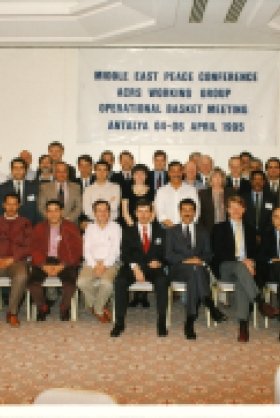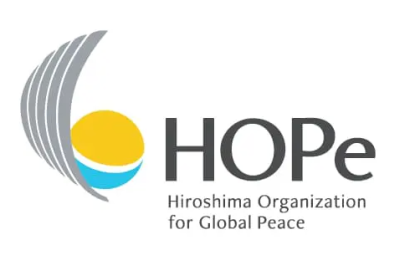ACRS Oral History Project Final Report
Posted date/time:

History and Public Policy Program

Published December 6, 2022
Table of Contents
List of Abbreviations. 3
Introduction. 4
The ACRS oral history project: genesis and objectives. 4
Methodology and limitations. 4
The ACRS oral history: outline of the analytical report. 6
Contributions to the existing literature on ACRS and new findings. 7
The inception of ACRS. 7
International and regional conditions. 8
The Bush initiative. 9
“Who is in and who is out”. 10
The multilateral track and its relationship to the bilaterals. 11
The conception of the ACRS Working Group. 14
Participating states’ objectives within ACRS. 15
Internal preparations. 18
The format of ACRS. 22
Co-chairs. 23
Steering Group. 24
Informal and voluntary process. 24
A process of decision-making by consensus. 25
Conceptual and operational baskets. 25
“Nothing is agreed until everything is agreed”. 26
A seminar-type and educational format. 27
Emerging fault lines and inflection points. 28
The relationship between arms control and regional security over time. 29
The relationship between the bilaterals and multilaterals over time. 30
Important episodes and inflection points. 31
The relevance of specific individuals and personal relations in ACRS. 39
Successes and failures of the process and lessons learnt. 41
Reflections on achievements and successes in ACRS. 42
Reflections on problems and failures in ACRS. 44
Lessons learnt. 51
Annex: ACRS delegates interviewed for the ACRS oral history project. 58
Authors

Hanna Notte
Senior Research Associate, Vienna Center for Disarmament and Non‑Proliferation

Chen Kane
Director, Middle East Nonproliferation Program, James Martin Center for Nonproliferation Studies

History and Public Policy Program
A leader in making key foreign policy records accessible and fostering informed scholarship, analysis, and discussion on international affairs, past and present. Read more

Explore More
Browse Insights & Analysis
Call for Applications: Nuclear History Summer Camp 2025
Posted date/time:

Interviews on Civil Society and Nuclear Risk Reduction
Posted date/time:Source: Digital Archive

Civil Society and Nuclear Risk Reduction
Posted date/time:

